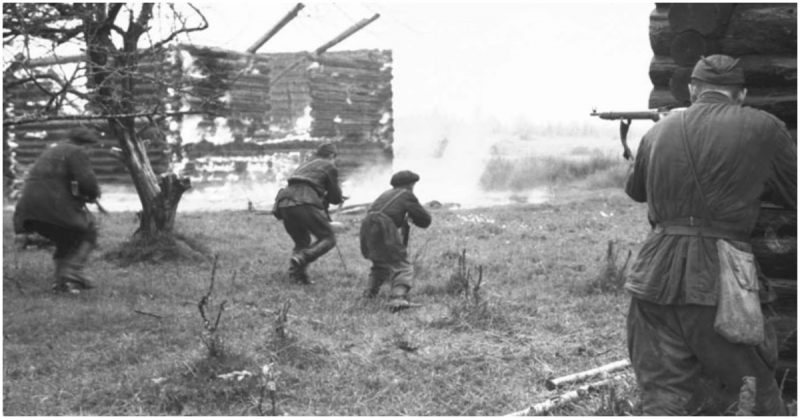Nowogódek was formerly located in Eastern Poland, but today is part of Belarus. Over many centuries it has also been under Russian rule and others.
Religious, racial, political and military issues muddy the history of the Bielski Brothers, but the protection their organization offered to over 1,200 Jews, who made it alive through the war, and their attacks against the occupying Nazis and their collaborators cannot be denied.
The Bielski Family
A Jewish family of grocers and millers, the Bielskis’ became low-level administrators for the Soviets after the Red Army conquered Poland during September – October 1939. This relationship with the occupying forces didn’t endear the Bielskis to the Polish patriots.
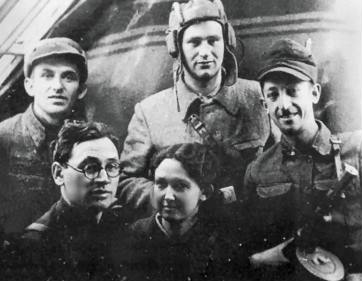
Then, Germany launched Operation Barbarossa on June 22, 1941. Once in the area, the German forces put into practice the same anti-Jewish, genocidal procedures they were using in other occupied countries. Nowogódek was turned into a ghetto.
Its residents – over 350,000 – began to be shipped to concentration camps. Those left behind had limited access to food and other necessities. Any infraction of the rules was brutally penalized. The outright assassination of an individual was a common occurrence.
The killing of their parents and other family members was the motivation for the Bielski Brothers – Tuvia, Alexander (Zus), Asael and Aron – to escape to nearby Naliboki Forest with 13 other acquaintances.
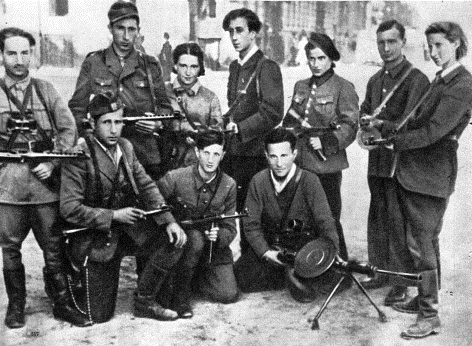
Organizing the Resistance
Because he had military experience and was the oldest brother, Tuvia became the leader of the group which eventually included some 1,230 non-combatants. About 75% of these were elderly, women and children as the Bielskis were more interested in saving people than in fighting the Nazis. There were never more than 150 fighters in the group.
At first, the brothers established underground dwellings called zemlyankas. They also set up bunkers, a kitchen, a small mill, a bathhouse, a medical clinic, a school, a tannery and even a quarantine hut for those suffering from contagious diseases. Then they set to producing and repairing weapons, clothes, shoes and just about everything they needed for surviving.
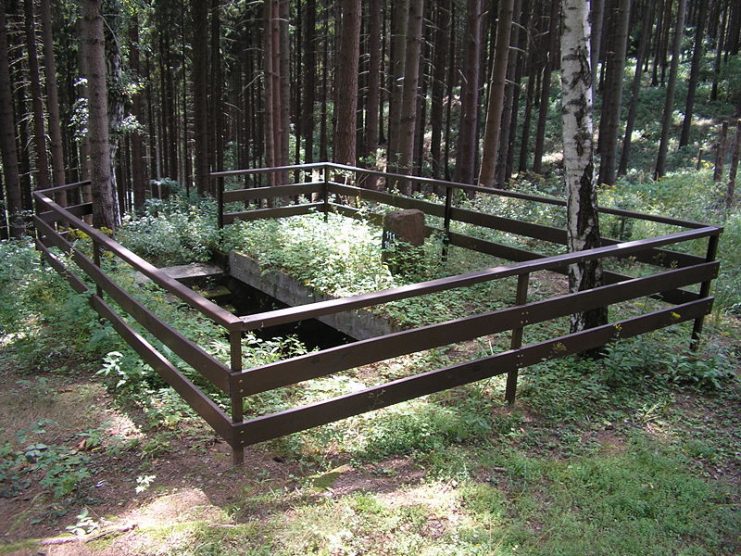
Becoming Freedom Fighters
In due course, Tuvia and his brothers realized that their security depended on beating the Nazis and they struck back against the Germans and collaborators, especially those who had committed crimes against the Jews in the area.
Once their activities expanded to include sabotage, the Nazis went scaled up their anti-partisan operations against the group, which by then was known as the Bielski Partisans. In 1943, a large operation was mounted against the region’s resistance. While many other factions suffered heavy casualties, the Bielski group just moved further into the forest. A reward of 100,000 Reich Marks was offered for Tuvia’s arrest.
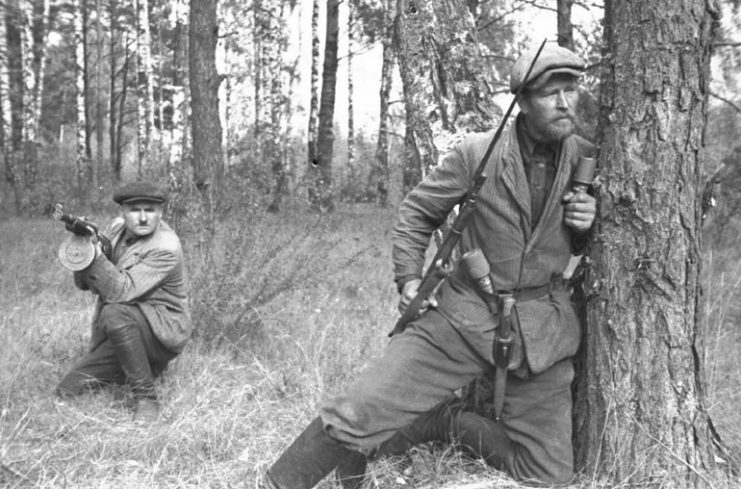
When the Red Army arrived in the area, the situation of the Bielski’s became somewhat sensitive. While the Soviet commander wanted to incorporate the group to his forces, Tuvia opposed combining the groups. The Bielski Partisans however, did participate with the Soviets in various clashes with the Police and Nazi forces.
At this point, apparently over political differences, the group split into two factions, one led by Zus and the other still under Tuvia’s command. Apparently, Zus’ unit chose closer cooperation with the Soviets than Tuvia supported.
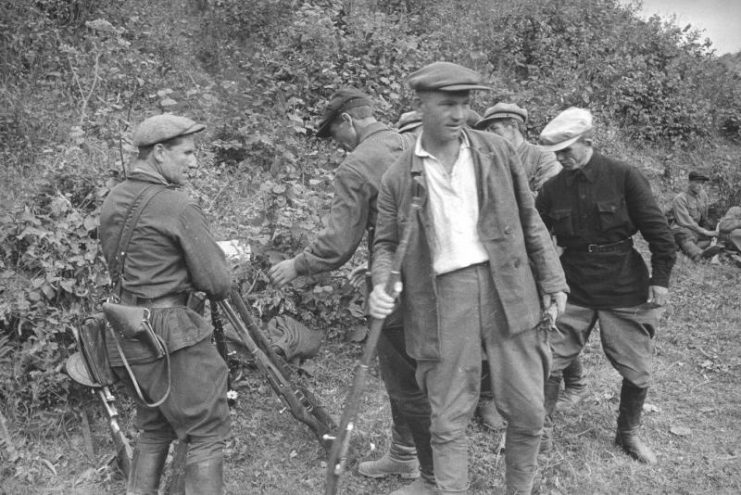
Persecution Under the Soviet Regime
Once the Soviet forces had defeated the Nazis in the area, the Bielski Partisans returned home.
But, they weren’t welcomed by the new regime. The Soviet secret police, NKVD, wanted to know why they had not put into practice socialist ideas while in the woods. In addition, there were rumors of a large booty hidden in the forest. All the Bielski brothers were arrested and interrogated.
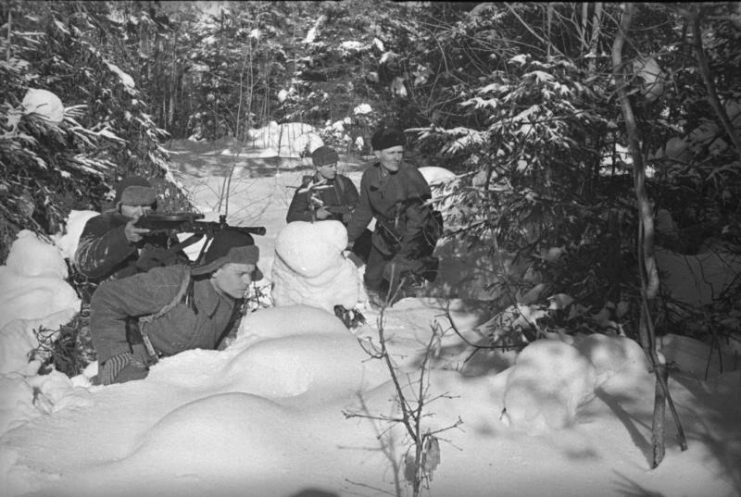
Allegations of war crimes also came up. While not directly accusing the brothers, there are claims that members of their organization participated in the Naliboki massacre of 1943, where 129 people were killed by Soviet partisans. This information has been denied because the Bielski Partisans did not reach that territory until months later. To this day, the Polish government has not finished its investigation.
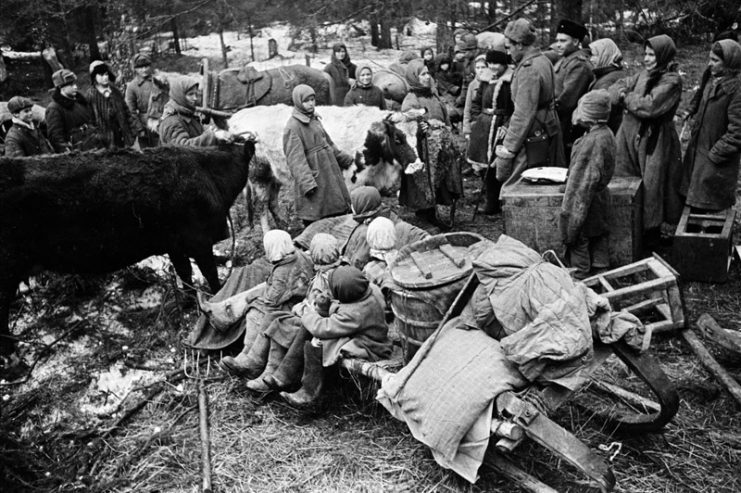
Relations between the former freedom fighters and the Soviets quickly deteriorated. Asael was drafted into the Red Army and died in combat two years later. Tuvia, Zus and Aron managed to flee to the West. A cousin, Yehuda Bielski, also had to escape the NKVD.
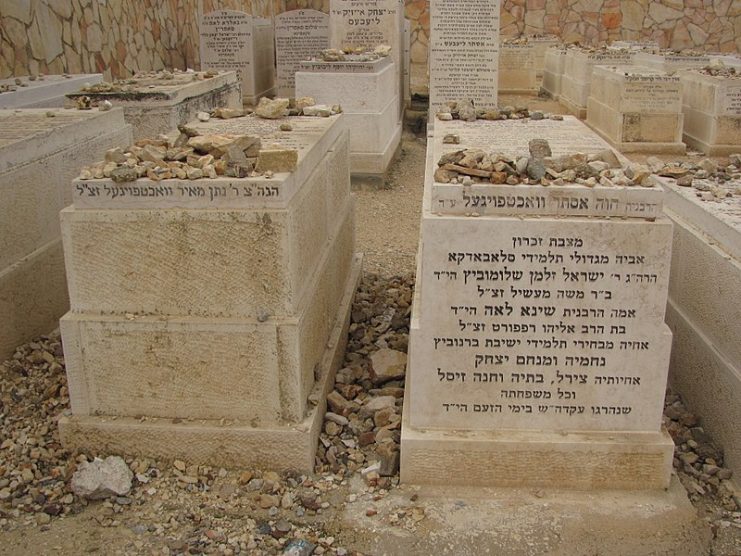
Read another story from us: How The Soviets Caught Dozens of German Agents In A WWII Spy Game
Tuvia and Zus eventually immigrate to New York, where Tuvia died in 1987. The following year, his exhumed body was buried with a Hero’s honor at Har Hamenuchot (Mount of Rest) cemetery in Jerusalem.
Not one of the Bielski brothers ever considered themselves a hero or sought recognition for what they accomplished.
